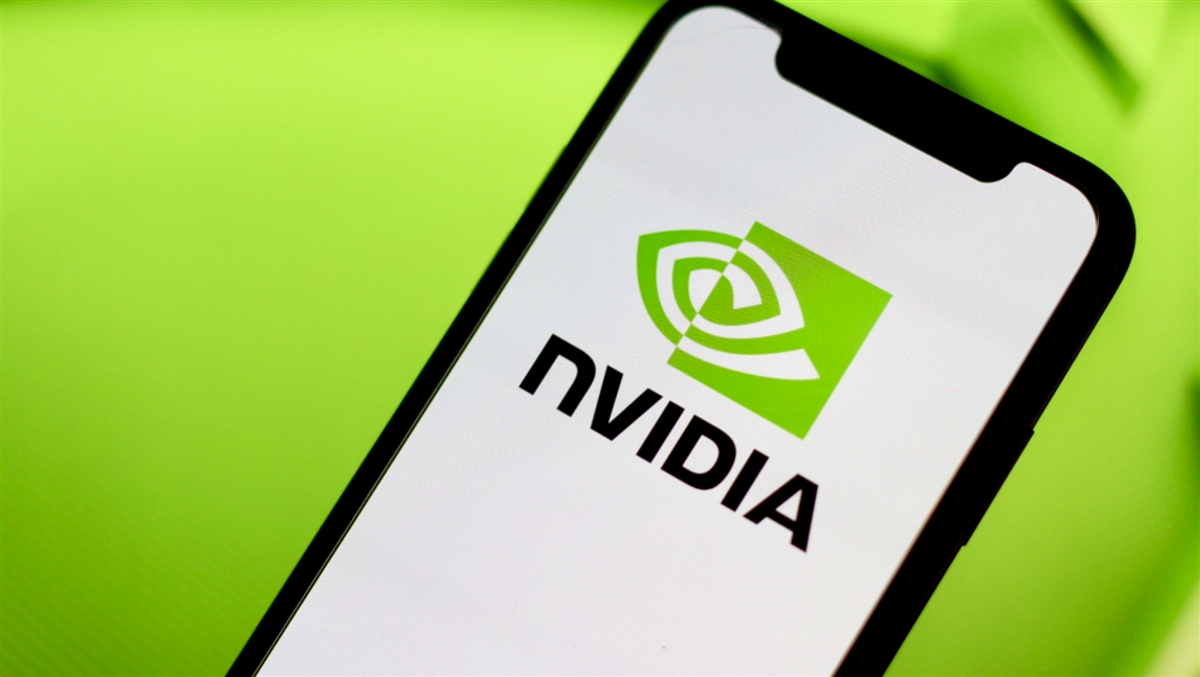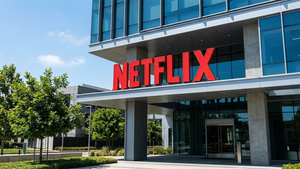
NVIDIA Corp. (NASDAQ: NVDA) closed at a 52-week high on October 14. This continues an impressive run for the stock which is up 177% in 2024 and 202% in the last 12 months, massively outperforming other technology stocks. The company’s market capitalization also jumped $519 billion in the nine days ending October 14, 2024.
A recent catalyst for the price movement came from TD Cowen, which reiterated its Strong Buy rating and $165 price target for NVDA stock. That price target represents a 52% gain from the stock’s closing price.
In doing so, the analyst firm reiterated its belief that it sees no evidence that corporations will decrease spending on artificial intelligence (AI). NVDA stock dipped after its second-quarter earnings on concerns that corporations would slow down on H200 spending to wait for the company’s Blackwell chips.
However, Cowen analyst Joshua Buchalter notes that there is sufficient demand for NVIDIA’s existing H200 chip (Hopper platform). In fact, according to Buchalter, corporations are facing a dilemma in that the cost of spending may be less than the cost of being left behind by not spending.
This demand should bridge the gap between the next few quarters.
Analysts Continue to Have Bullish Sentiment
TD Cowen isn’t the only analyst bullish on NVDA stock. On October 11, Goldman Sachs Group Inc. (NYSE: GS) reiterated its Buy rating on the stock while increasing its price target from $135 to $150. On October 8, Cantor Fitzgerald reiterated its price target of $175.
The reason for this bullish outlook comes back to demand. In the summer, Dan Ives of Wedbush stated that every dollar that companies spend on NVIDIA’s chips generates $8 to $10 in the rest of the sector. NVIDIA CEO Jensen Yuang has stated that every dollar companies spend on their GPUs results in $5 of rental income for data centers.
The Moat Is Still Wide
One concern about NVIDIA’s valuation stems from its competition, particularly from Advanced Micro Devices Inc. (NASDAQ: AMD). The chip sector wouldn’t concede the field to NVIDIA, and companies say they want alternatives to NVIDIA’s GPUs.
However, perception and reality are two different things. Here's what we know. AMD will release its high-speed competitive GPU, the MI325X, in this year's fourth quarter. Industry analysts say AMD’s offering offers industry-leading memory capacity and bandwidth and beats NVIDIA’s H200 chip in terms of computing power.
However, the real battle is for the next generation of GPUs. NVIDIA will start to release its Blackwell B200 GPU in the fourth quarter. AMD’s competitive offering, the MI335X is not slated to arrive until the second half of 2025.
Adding context to the competitive outlook is the fact that by some estimates, NVIDIA still controls between 70% and 95% of the market for the microchips that are needed to train AI applications. Early estimates for its Blackwell chips is regarded as “insane.”
None of this means that NVIDIA won’t face real competition in the next few years. However, investors need to understand the specific nature of the threat. NVIDIA no longer has the field to itself but still has a significant head start.
All Eyes Are on November 19
NVIDIA reports its third-quarter earnings on November 19. At that time, the November election will be over and (hopefully) decided. But what will the results show? One area to watch outside of the U.S. will be China, where the company started to see an uptick in revenue in the last quarter.
If Cowen's analysis is right, investors who are currently concerned about a dip in revenue and earnings in future quarters may find themselves on the wrong side of the NVIDIA trade.
Analysts expect NVIDIA earnings to increase by approximately 33% in the next 12 months. That’s significantly below the earnings growth of the past 12 months. In fact, over the past twelve months, NVIDIA’s earnings have increased by more than 340%. However, analysts will look at the company’s forward P/E and suggest that much of that earnings growth has already been priced into the stock.
On the other hand, you could make the argument that NVIDIA is a holding in virtually all the leading growth funds. That means there is a passive inflow of money entering the stock regularly. That doesn’t mean the stock won't continue to move sideways in the short term, as it's done in the last few months. However, it does suggest that you should be less concerned about the floor and look at a ceiling, which could be around $170, based on technical indicators.





